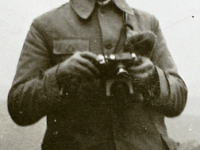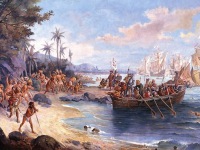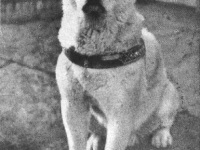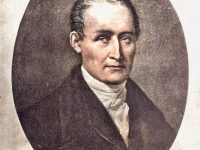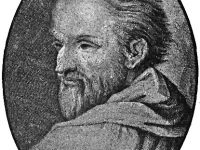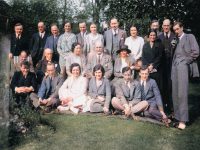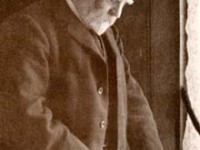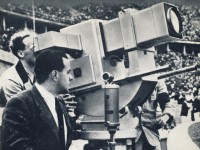Michael Polanyi’s Criticism on Positivism
On March 11, 1891, Hungarian-British polymath Michael Polanyi was born. Polanyi made important theoretical contributions to physical chemistry, economics, and philosophy. He argued that positivism supplies a false account of knowing, which if taken seriously undermines humanity’s highest achievements. “When order is achieved among human beings by allowing them to interact with each other on their own initiative — subject only to the laws which uniformly apply to all of them —…
Read more











